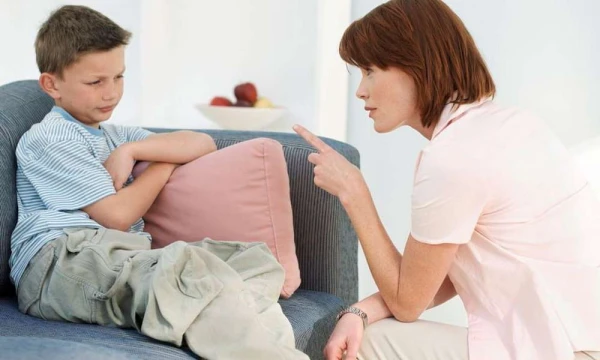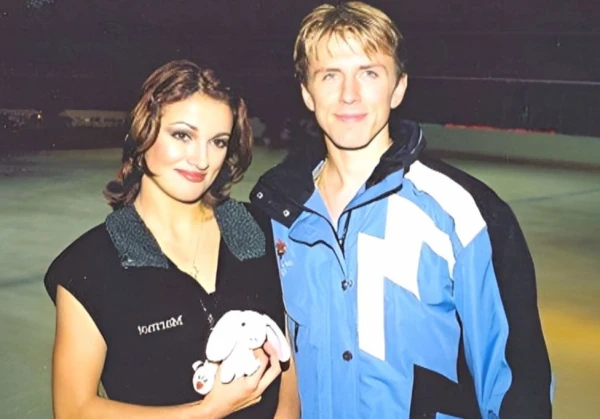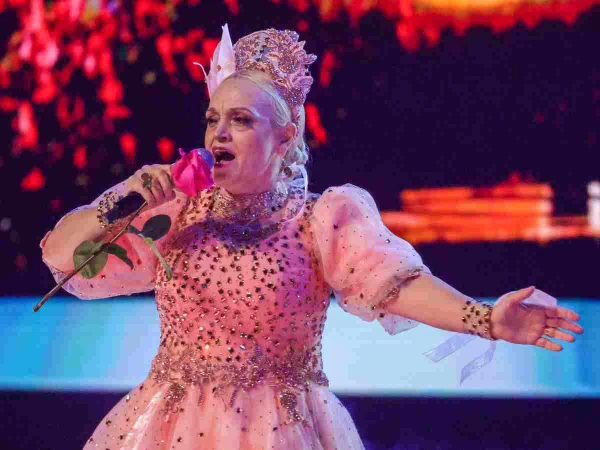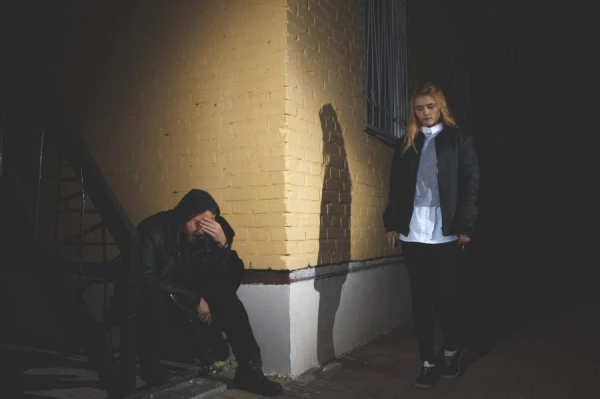
Every parent tries to give their children the best: love, care, opportunities — and does it with all their heart. But sometimes, out of habit or because they were raised that way, they say phrases that can harm a fragile child’s psyche.
Of course, this doesn’t happen out of malice; parents simply don’t always pay attention to what they say. We asked Galina Rzhaksenskaya — a popular blogger, TV presenter, and mother — to name those phrases that should not be said to a child.
She also suggested alternative phrases that can help express oneself differently, more kindly, so that the child feels loved and understood.
I try to devote as much time and attention as possible to my daughter Liza. I support her in everything, I watch what I say to her, but sometimes, of course, I catch myself thinking that some things could be said differently.
“Don’t cry, be strong! It’s not worth your tears” — we, adults, need to understand that a little one may be feeling bad, and they need to cry, not to be a hero.
How to say it differently? “I see you’re having a hard time right now. Do you want a hug? Tell me what upset you.” Just being there and allowing them to experience their emotions. All of this saves from future visits to a psychologist.
“You disappointed me” — how much this hurts a sensitive child’s soul. They will be afraid to make a mistake, as it may cause their mother’s displeasure!
Better to say: “I’m sorry it turned out this way. Let’s think together about how to fix it?” Here, the focus is on the solution, not on the feeling of guilt.
“I get so upset because of you!” — Do you know what this is? It’s our, adults', responsibility for emotions. We shouldn’t place it on the child.
Better: “I’m a bit upset, but I’ll manage. You are the most important thing to me” — this way, we clearly separate: here are my feelings, and here you are.
“Look at Masha/Petya…” — Why compare? Every child is a whole world! Comparisons only hinder them from finding themselves.
Say it this way: “I like how you [do something specific]. Let’s try it this way, and it will be even better!” This way, we emphasize their individuality.
“You’re stupid!” — words that are unacceptable. Don’t give negative assessments.
Better to say: “I don’t quite understand why you did that. Let’s calmly figure it out.” Without shouting and judgment, with love for the child.
“You must become someone!” — remember how you felt when you were told this as a child; it was very unpleasant.
It would be right to say: “I want you to find what you truly like and brings you joy.” This way, you support the child, their path, and uniqueness.
“You have to obey me!” — unacceptable if trust is at the forefront of your relationship.
Remember this phrase: “I’m asking you because I believe it’s the right thing to do. But if you have a different opinion — tell me.” The child’s opinion is very important, and this way, you remind them of that.
“Don’t make problems for yourself” — there’s no need to exaggerate and place responsibility on the child.
Say it this way: “I hear that something is bothering you. Please tell me.” It’s very valuable when a child trusts you, and you just need to listen and be there.
“We’re doing this for your own good” — usually, behind this phrase lies our desire to control everything.
I recommend saying: “I think this will help you. What do you think?” This way, we give the child a voice.
“You’re already an adult!” — a familiar phrase? We, parents, love to say this when we don’t want to deal with things ourselves.
Remember this phrase: “I encountered a difficulty. Let’s think together about how we can solve it?” So simple and so important when a child feels that you are one team.
If we speak to our children with an open heart, with respect, they will grow up to be just that — kind, confident, and happy. It is in this warmth that the true strength of parenting lies.













Leave a comment